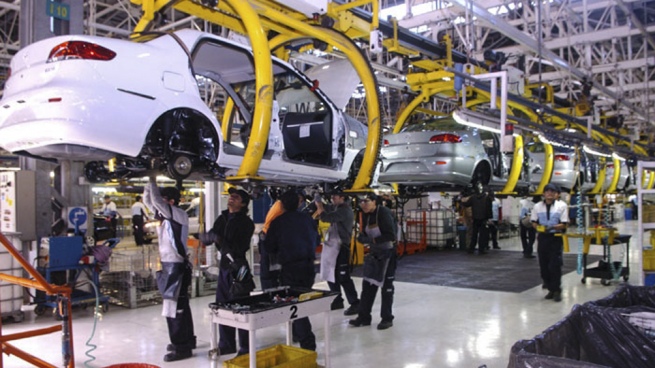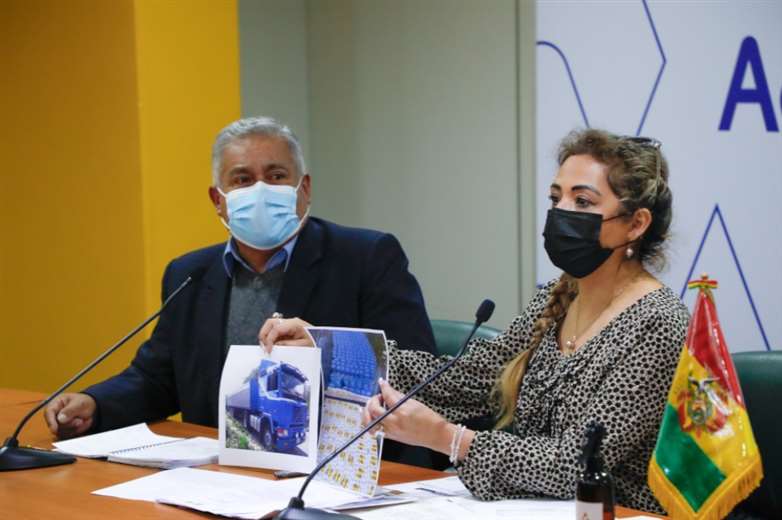Industrial activity had a year-on-year improvement of 10.8% and a monthly improvement of 5.4% in February, showing a recovery in relation to the impact of the Covid-19 outbreak that affected the presenteeism of workers in January, according to the report given released this Thursday by the Argentine Industrial Union (UIA).
The manufacturing plant highlighted that 10 of the 12 sectors that make up the Industrial Production Index (IPI), prepared by its study center, had positive variations compared to February of last year.
Despite the rebound, the UIA warned of a “slackening of expectations” in the survey of associated companies, both due to internal and external factors, among the latter the rise in international transport costs and supplies such as natural gas to root of the war between Russia and Ukraine.
At the local level, the entity chaired by Daniel Funes de Rioja highlighted “the approval of the agreement with the IMF”, but expressed concern about “an acceleration in inflation since the end of last year”as well as “increases in interest rates” with a negative impact on the financing of the private sector, which in May fell 5.2% year-on-year.
The automotive sector was one of the sectors that most drove the rise in industrial production, with a year-on-year increase of 72.7%, driven by sales of domestic cars to the domestic market.
The automotive sector was one of the sectors that most drove the rise in industrial production, with a year-on-year rise of 72.7%, driven by sales of national cars to the domestic market (+64.8%) and, to a lesser extent, exports ( +33%).
Another sector that drove growth was Non-metallic Minerals, with year-on-year growth of 12.3%, mainly due to cement production.
For its part, The Paper and Cardboard sector registered a year-on-year increase of 13.1%, especially due to the production of packaging paper, with sustained growth thanks to digital commerce.
The metalworking industry expanded 4.2%, while chemical substances and products recorded a year-on-year rise of 9.9%, “although with some heterogeneities within the sector,” the UIA said.
Likewise, sales to the domestic market of pharmaceutical products accumulated in February an increase of 9.9% in the last 12 months.
The metal-mechanic industry expanded 4.2%, while chemical substances and products registered a year-on-year increase of 9.9%, “although with some heterogeneities within the sector”
Within the food and beverage sector, with an overall improvement of 3.2%, there were increases in items related to social consumption such as spirits, soft drinks and chocolates, but in others such as oilseed crushing, a worse performance was recorded, as well as in wine, coffee and yerba mate, the latter affected by “drought and fires in the northeastern region of the country registered during February,” the entity specified.
In reverse, The basic metals sector contracted for the second consecutive month (-1.2%), due to lower steel production, largely due to scheduled plant stoppages.
Aluminum production registered a rise of 4.7%, although production still continues at relatively low levels.
The oil refining sector registered a fall of 6.1%, while the electronics sector continued with the same dynamics of recent months and contracted 11.4%.









